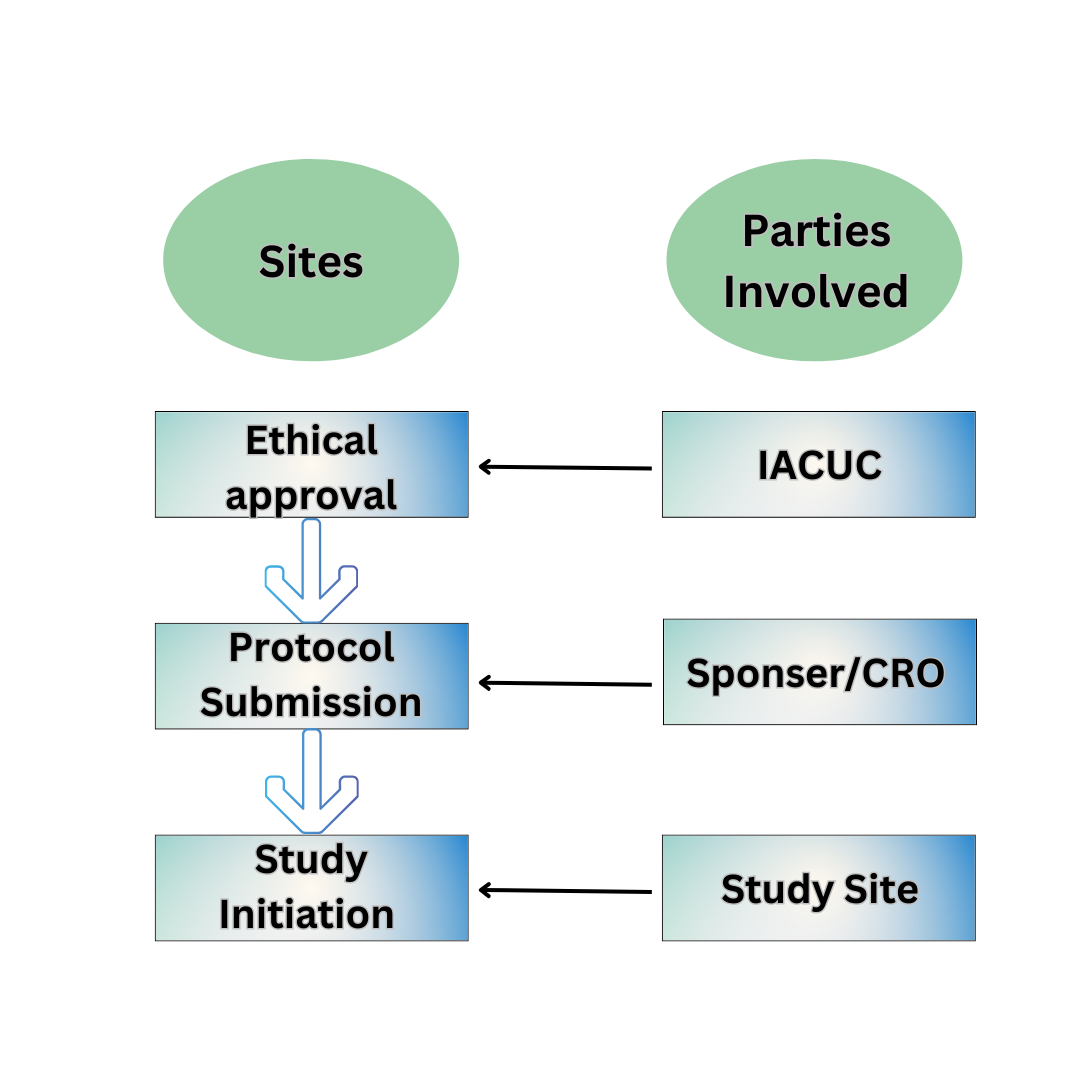Ethical Consideration in Preclinical Trials
Preclinical trials are essential for evaluating the safety and effectiveness of new drugs and treatments before they are tested on humans. While these studies play a vital role in advancing medical research, they also involve ethical challenges that must be carefully navigated to ensure responsible and humane practices.
Upholding Animal Welfare:
Respecting animal welfare is a core ethical responsibility in preclinical trials. Researchers should follow the “3Rs” principle: Replacement of animal models with alternatives like cell cultures or computer models when possible; Reduction in the number of animals used to obtain valid data; and Refinement of methods to minimize pain, suffering, and distress.
Regulatory Compliance and Oversight:
Compliance with national and international regulations, like Good Laboratory Practice (GLP) guidelines, is key to ensuring ethical preclinical studies. Research protocols must be approved by ethical review boards, such as IACUC, to meet legal and ethical standards. This oversight ensures responsible research, with ethical considerations integrated into decision-making.
Justifying Scientific Purpose:
Each preclinical trial must have a clear, scientifically valid purpose that benefits human health or contributes to scientific knowledge. Researchers need to demonstrate that the potential benefits outweigh any harm to the animals, factoring in ethical considerations that shape the research.
Ensuring Transparency:
Transparency in research practices is vital. While animals cannot provide consent, researchers must communicate openly about study objectives, methods, and potential outcomes with stakeholders, including the public. This openness fosters trust in the scientific process.
Implementing Compassionate Endpoints:
Ethical preclinical trials require compassionate endpoints, which involve ending the study when animals experience severe, unrelieved pain or distress. This approach prioritizes humane treatment and aligns with ethical standards.
Continuous Ethical Monitoring:
Ongoing ethical review and monitoring throughout the study are essential to ensure continued compliance with ethical standards. Institutions should establish mechanisms to address ethical concerns during the research and adapt protocols when necessary to protect animal welfare and maintain scientific integrity.
Ethical considerations
are crucial to preserving the integrity of preclinical trials. Ensuring respect for animal welfare, adherence to regulations, and maintaining transparency throughout the research process contributes to meaningful scientific progress. Upholding these ethical principles is vital to advancing medical research responsibly while maintaining the highest standards of accountability and care.

